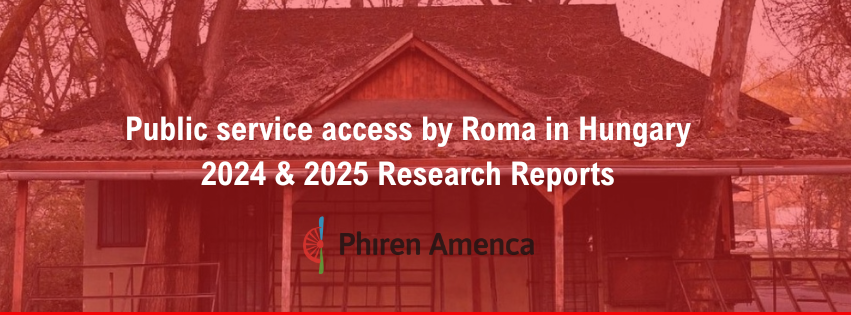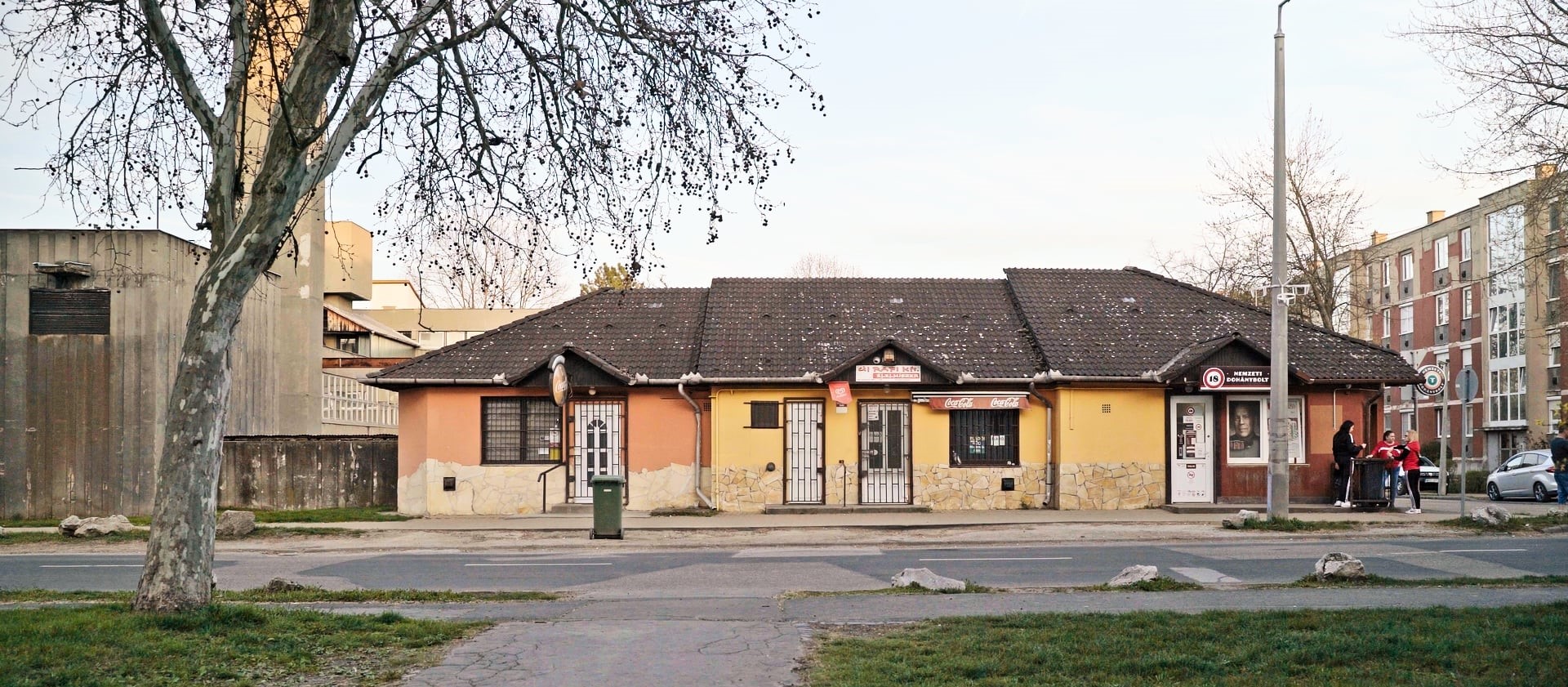This extensive participatory research, presented in two reports, outlines the systemic discrimination faced by Roma communities in Hungary, particularly in education, healthcare, employment, and public services. The first report shows that Roma are often segregated in underfunded schools, excluded from healthcare and infrastructure, and limited to low-paying public employment programs. This results in multiple, compounded exclusion that amounts to structural discrimination and marginalization of Roma communities.
The second report hones in on the FETE program (Felzárkózó települések), the largest Hungarian government initiative intended to assist disadvantaged communities. The inquiry shows how the FETE program fails due to exclusion, poor implementation, and lack of accountability. The research proposes structural reforms including institutional transparency, inclusive education, healthcare access, economic empowerment, and political representation. It calls for Roma-led advocacy and international oversight to ensure meaningful, long-term change.



